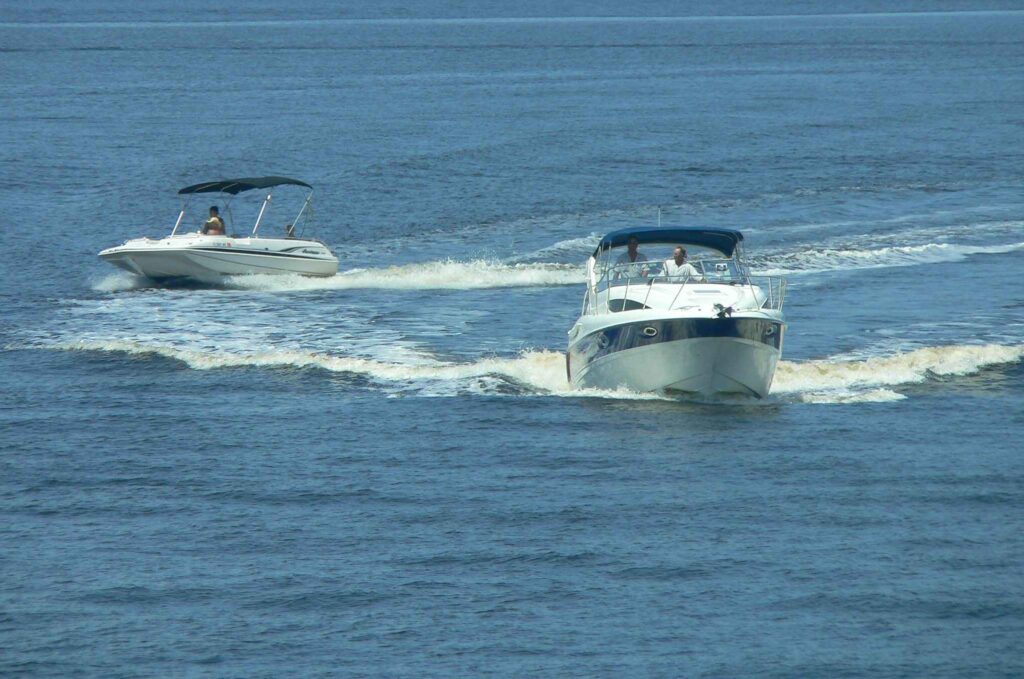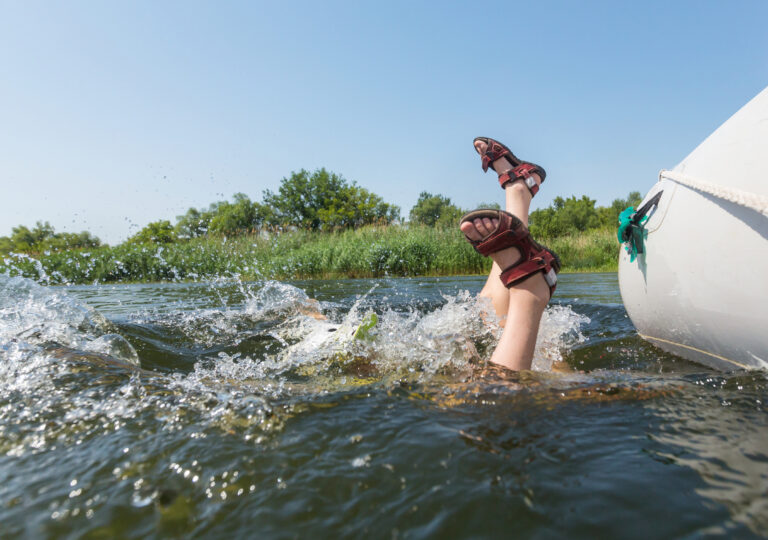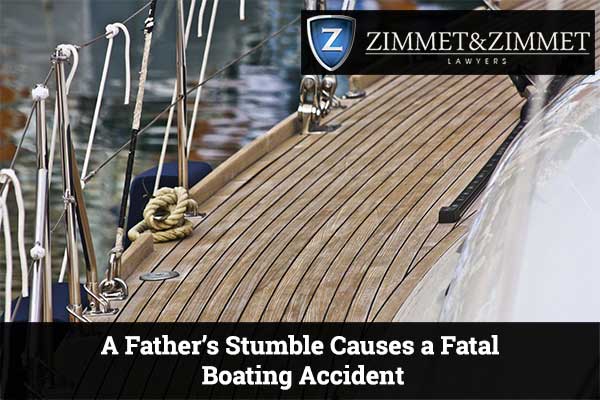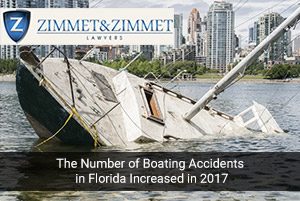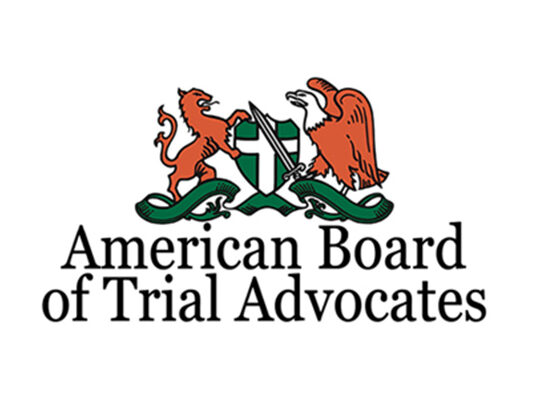Florida is renowned for its beautiful coastlines, numerous lakes, and waterways, making it a haven for boating enthusiasts. While boating offers a wonderful recreational experience, it is not without its risks. Thousands of boat accidents occur in Florida yearly, resulting in injuries, property damage, and, unfortunately, loss of life.
Besides the physical and emotional toll, boat accidents also have significant financial implications. Here you can learn more about the cost of boat accidents and explore the various financial damages that can arise from these unfortunate incidents.
If you are involved in a boat accident in Florida, our personal injury lawyers can help. Contact Zimmet & Zimmet to schedule a free initial consultation.
Damages in a Florida Boat Accident
Regarding boat accidents in Florida, the repercussions extend far beyond physical injuries and property damage. The financial damages incurred can be significant, impacting medical expenses, loss of income, legal fees, and more.
Medical Expenses
Boat accidents often lead to severe injuries that require immediate medical attention. From broken bones to head trauma, victims may face extensive medical bills, including ambulance fees, emergency room charges, surgical procedures, medication, and rehabilitation expenses.
These expenses can quickly add up and significantly burden the injured party. Some injuries may also result in long-term or permanent disabilities, necessitating ongoing medical care and further escalating the financial impact.
Property Damage
Boat accidents can cause substantial damage to vessels and other property involved. Collisions, groundings, or fires can leave boats in ruins and result in expensive repairs or even total losses.
Furthermore, boats are often not the only items damaged in accidents. Docks, marinas, buoys, and other structures can also be affected, leading to additional costs for repairs or replacements. In some cases, boats may sink, leading to environmental cleanup costs to prevent pollution and protect marine life.
Loss of Income
Victims may need to take time off work to recover or undergo medical treatments when a boating accident results in injuries. This absence from work can result in a loss of income and financial instability.
The impact can be even more significant for those who are self-employed or rely on commissions. Moreover, if the injuries sustained in the accident prevent the victim from returning to their previous occupation or limit their future earning capacity, the loss of income can extend well into the future.
Legal Expenses
Boat accidents often involve complex legal issues. Determining liability, negotiating with insurance companies, and pursuing legal action can be daunting. Engaging the services of a skilled personal injury attorney specializing in maritime law becomes crucial in navigating these complexities.
However, legal representation comes at a cost. Attorney’s fees, court expenses, and expert witness fees can contribute to the financial burden of boat accidents. It is important to consult with an experienced attorney who can help protect your rights and maximize your compensation.
Emotional Distress
The financial damages from a boat accident are not limited to tangible costs alone. The emotional impact of such an event can be significant and may require therapy or counseling to cope with the trauma. The fees associated with mental health services should not be overlooked, as emotional healing is an essential part of the recovery process.
Insurance Premiums
Boat accidents can have long-term consequences on insurance premiums. Your insurance rates will likely increase significantly if you are at fault for an accident. Your insurance company may still raise your premiums even if you are not at fault. Considering the potential long-term financial implications when evaluating a boat accident is essential.
Liability in Florida Boating Accidents
Boating accidents in Florida can have severe consequences, leading to injuries, property damage, and financial burdens.
Determining liability is a crucial aspect of these cases, as it determines who compensates the victims. Understanding the principles of liability in Florida boating accidents is essential for both boat operators and accident victims.
Negligence
Negligence is a common legal concept used to determine liability in boating accidents. To establish negligence, it must be proven that the boat operator failed to exercise reasonable care, resulting in the accident and subsequent damages. Factors such as speeding, operating under the influence, or not maintaining a proper lookout can contribute to a finding of negligence.
Recklessness
Reckless behavior goes beyond negligence and involves a conscious disregard for the safety of others. In boating accidents, recklessness may include excessive speeding, operating a boat in restricted areas, or engaging in dangerous maneuvers. If it can be established that the operator’s reckless actions directly caused the accident, they may be held liable for the resulting damages.
Product Liability
In some cases, boat accidents may be caused by defective boat equipment or parts. If a malfunctioning part or product defect contributed to the accident, the manufacturer or distributor of the faulty equipment may be held liable for the resulting damages. Product liability claims require demonstrating that the defect directly caused the accident and subsequent injuries or property damage.
Owner Liability
Owners of boats may also face liability for accidents caused by their vessels. Under the legal principle of vicarious liability, boat owners can be held responsible for the actions of their operators, particularly if they allow an inexperienced or incompetent individual to operate their boat. This principle also extends to rental companies, which may be held accountable for accidents involving their rental boats.
Determining liability in Florida boating accidents is a complex process that requires legal expertise. Consulting with a skilled personal injury attorney experienced in maritime law is crucial to navigating the legal complexities and ensuring your rights are protected. Whether you are a victim seeking compensation or an operator defending against a claim, understanding liability principles is essential in pursuing a fair resolution.
How to Stay Safe While Boating in Florida
Boating in Florida offers a delightful way to explore its beautiful waters, but it is crucial to prioritize safety to prevent accidents and ensure an enjoyable experience for everyone involved.
Whether you’re a seasoned boater or a novice, following essential safety measures can help mitigate risks and keep you and your passengers safe on the water.
Wear Proper Safety Gear
Wearing appropriate safety gear is one of the most critical aspects of boating safety. Always ensure everyone on board has a properly fitted life jacket or personal flotation device (PFD). Florida law requires that children under six wear a PFD at all times while the vessel is underway.
Know and Follow Boating Regulations
Familiarize yourself with the boating regulations and laws in Florida. Adhere to speed limits, no-wake zones, and navigational rules. Stay updated on weather conditions, tides, and any advisories or warnings before setting sail.
Avoid Alcohol Consumption
Operating a boat under the influence of alcohol or drugs is illegal and extremely dangerous. Alcohol impairs judgment, reaction time, and coordination, increasing the likelihood of accidents. Designate a sober operator or refrain from consuming alcohol while boating to ensure a safe voyage.
Maintain a Proper Lookout
Maintaining a vigilant watch while operating a boat is crucial for avoiding collisions. Assign someone to act as a lookout or rotate this responsibility among the passengers. Stay alert, and be aware of other vessels, swimmers, and potential hazards in the water. Remember that some areas may have restricted zones or shallow waters that require extra caution.
Be Prepared for Emergencies
Always be prepared for unexpected situations by carrying essential safety equipment on board. This includes a first aid kit, fire extinguisher, flares, navigation lights, and a fully charged and operational marine radio or cell phone. In an emergency, knowing how to use these tools can make a significant difference in ensuring a swift response.
Take Boating Education Courses
Enrolling in boating education courses can enhance your knowledge and skills, particularly if you’re new to boating. These courses cover navigation, safety procedures, and emergency preparedness. They provide valuable insights into responsible boating practices and can make your time on the water safer and more enjoyable.
Contact Our Legal Team for Help with Your Boat Accident Claim
Boat accidents can result in devastating financial damages that extend far beyond the initial incident. Medical expenses, property damage, loss of income, legal fees, emotional distress, and increased insurance premiums contribute to the overall cost.
Understanding the true financial impact is crucial for victims to seek appropriate compensation and support. If you or a loved one have been involved in a boat accident, it is important to consult with a reputable personal injury attorney who specializes in maritime law. They can help you navigate the legal process, advocate for your rights, and ensure you receive the compensation you deserve.
It is worth noting that boat accidents can be prevented by taking necessary safety precautions. Always adhere to boating regulations, maintain a proper lookout, and operate your vessel responsibly. Additionally, ensure that all passengers wear life jackets, maintain a safe speed, and avoid alcohol consumption while operating a boat. By practicing responsible boating habits, you can reduce the risk of accidents and protect yourself and others from potential financial damages.

